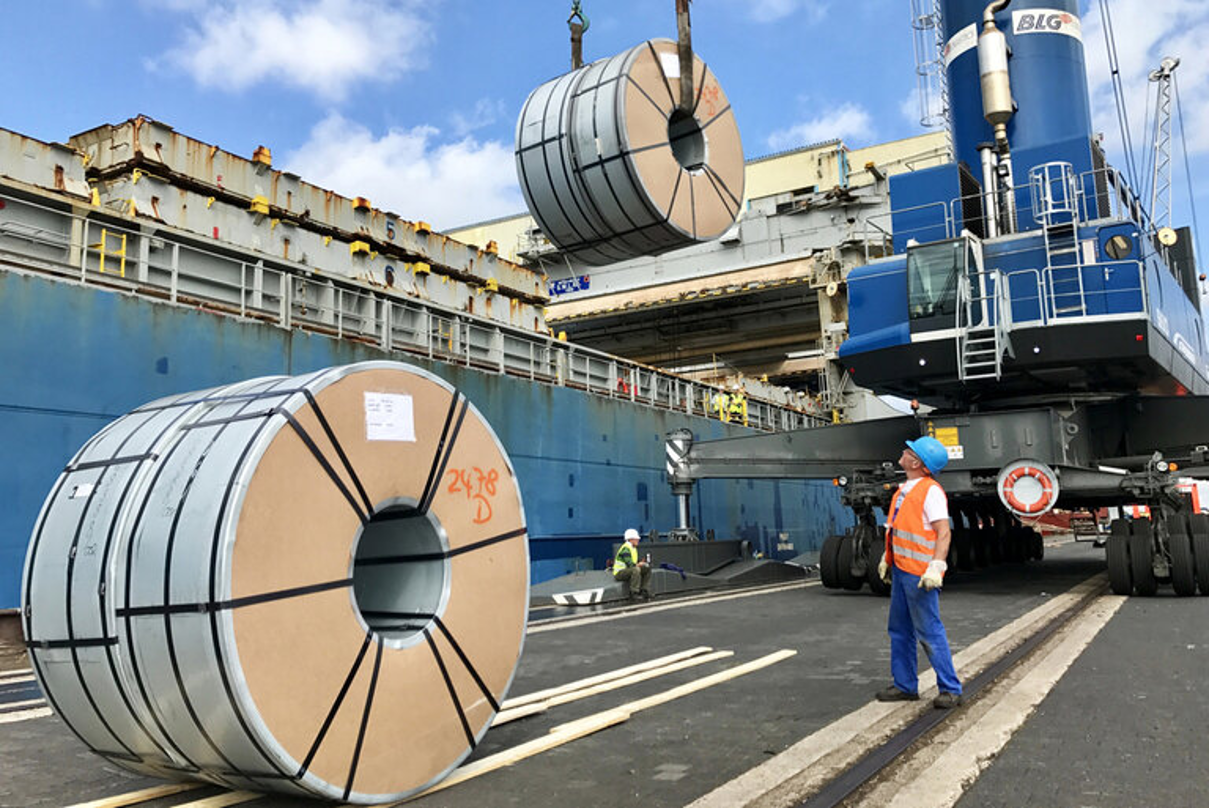Canada

December 10, 2019
U.S., Mexico, Canada Finally Reach Agreement on New Trade Deal
Written by Sandy Williams
The United States, Mexico and Canada have finally reached consensus on a new North American trade agreement. In an announcement on Tuesday, the office of U.S. Trade Representative Robert Lighthizer said the USMCA “will support mutually beneficial trade leading to freer markets, fairer trade, and robust economic growth in North America.”
Lighthizer and Canadian Deputy Prime Minister Chrystia Freeland will join Mexico President Andres Manuel Lopez Obrador in Mexico City today for a signing ceremony at the National Palace. A tentative agreement was signed in Buenes Aires in 2018 by then-Mexican President Enrique Peña Nieto, Canadian Prime Minister Justin Trudeau and President Donald Trump. The agreement was then subject to months of debate and many revisions before legislators would accept it. The U.S. House is expected to vote next week to ratify the agreement, followed by the Senate sometime later.
“This is a day we’ve all been working to and working for on the path to yes,” said House Speaker Nancy Pelosi. “There is no question, of course, that this trade agreement is much better than NAFTA, but in terms of our work here, it is infinitely better than what was initially proposed by the administration,” she added.
The new agreement will be in force for 16 years with a review after six years and a potential extension. The agreement includes stronger rules and monitoring for trade settlement, labor, the environment and pharmaceuticals. A fact sheet from the House Ways and Means committee outlining improvements to the USMCA calls the new agreement “transformative” and “a model for future U.S. trade agreements.”
Labor rights and the ability to enforce them were a sticking point during negotiations. AFL-CIO President Richard Trumka said the new deal is a vast improvement and, for the first time, allows inspections to ensure that factories are meeting their obligations.
“Make no mistake, we demanded a trade deal that benefits workers and fought every single day to negotiate that deal; and now we have secured an agreement that working people can proudly support,” said Trumka. “President Trump may have opened this deal, but working people closed it. And for that, we should be very proud.”
Steel Manufacturers Association President, Philip K. Bell called on Congress to move quickly: “We praise the efforts of United States Trade Representative Robert Lighthizer, and his team to renegotiate a robust and comprehensive North American trade deal that is good for the economy, workers, and steel industries in the region,” said Bell. “Now that we have a deal in place, SMA and its members call upon Congress to move quickly towards an affirmative vote on USMCA.”
The American Iron and Steel Institute welcomed the agreement. “Implementation of the USMCA is critical to strengthening the steel industry’s competitiveness in the face of the continued challenges from global excess capacity and weakening demand,” said AISI President and CEO Thomas Gibson. “We urge Congress to quickly pass this new trade agreement before the end of this year.”
Quick ratification of the agreement was urged by the Association of American Railroads. “As the backbone of the North American supply chain, freight railroads applaud today’s announcement, which provides much-needed certainty with our two largest trading partners,” said Ian Jefferies, AAR president and CEO. “Congress should move with haste to ratify USMCA before the end of the year and provide an economic shot in the arm to U.S. businesses. With renewed trade ties, freight railroads stand ready to deliver for rail customers throughout North America and move the goods that allow the U.S. economy to grow and compete in global markets.”







